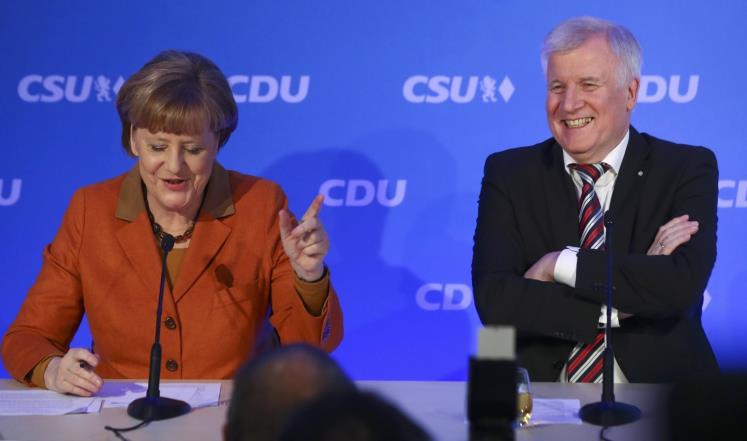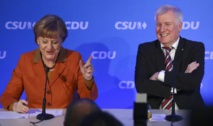The reputation of Germany's car industry has taken a hit in the wake of the 2015 Volkswagen scandal, when the German carmaker admitted it installed software in diesel vehicles that cheated on emissions tests.
The scandal revealed that diesel cars are more polluting than previously thought, and several German cities now face partial bans on diesel vehicles after successful lawsuits demanded that they clean up their air.
"The stated goal of avoiding vehicle bans in every case is not achievable," the president of the DstGB, Uwe Brand, told dpa.
About one and a half years after the first meeting with Merkel over the diesel crisis, Germany's local communities were still facing great challenges, he said.
The local authorities want car producers to be held more accountable. Introducing engine upgrades as well as premiums for exchanging older vehicles for newer, cleaner ones would be important steps, he said.
"Local authorities are not responsible for this diesel dilemma but are currently paying for it," said Brandl, who is also the mayor of the town of Abensberg in Bavaria.
The government has a scheme worth billions of euros to improve air quality in cities, but Brandl said this programme too has problems.
"The complicated structure and high level of bureaucracy means that we have lost unnecessary time, and local authorities could not introduce the necessary measures," he said.
Hamburg was the first German city to impose a ban on diesel vehicles on two inner-city streets, while Stuttgart and Berlin will introduce wider bans in the new year following court rulings.
The scandal revealed that diesel cars are more polluting than previously thought, and several German cities now face partial bans on diesel vehicles after successful lawsuits demanded that they clean up their air.
"The stated goal of avoiding vehicle bans in every case is not achievable," the president of the DstGB, Uwe Brand, told dpa.
About one and a half years after the first meeting with Merkel over the diesel crisis, Germany's local communities were still facing great challenges, he said.
The local authorities want car producers to be held more accountable. Introducing engine upgrades as well as premiums for exchanging older vehicles for newer, cleaner ones would be important steps, he said.
"Local authorities are not responsible for this diesel dilemma but are currently paying for it," said Brandl, who is also the mayor of the town of Abensberg in Bavaria.
The government has a scheme worth billions of euros to improve air quality in cities, but Brandl said this programme too has problems.
"The complicated structure and high level of bureaucracy means that we have lost unnecessary time, and local authorities could not introduce the necessary measures," he said.
Hamburg was the first German city to impose a ban on diesel vehicles on two inner-city streets, while Stuttgart and Berlin will introduce wider bans in the new year following court rulings.









 Home
Home Politics
Politics











